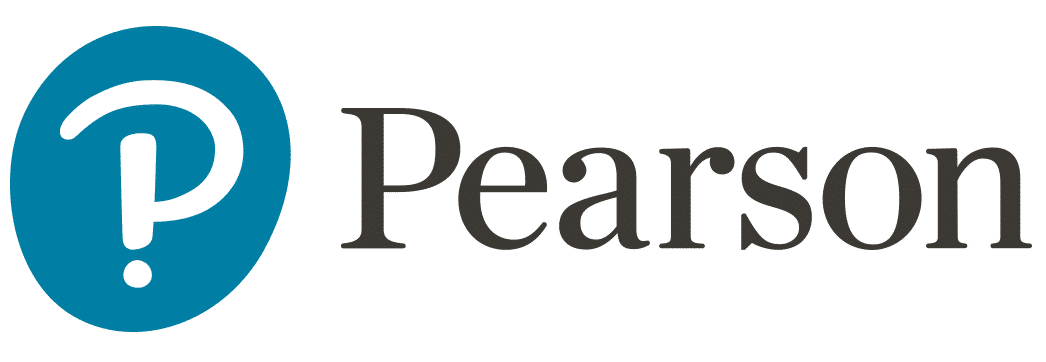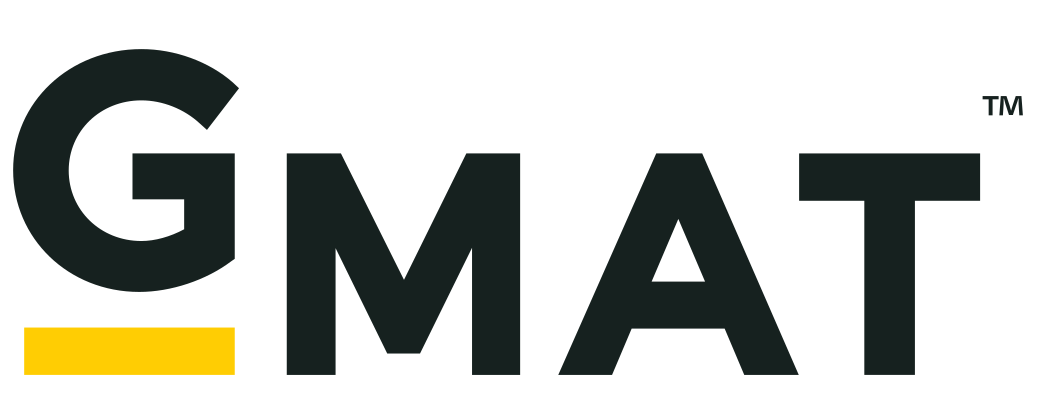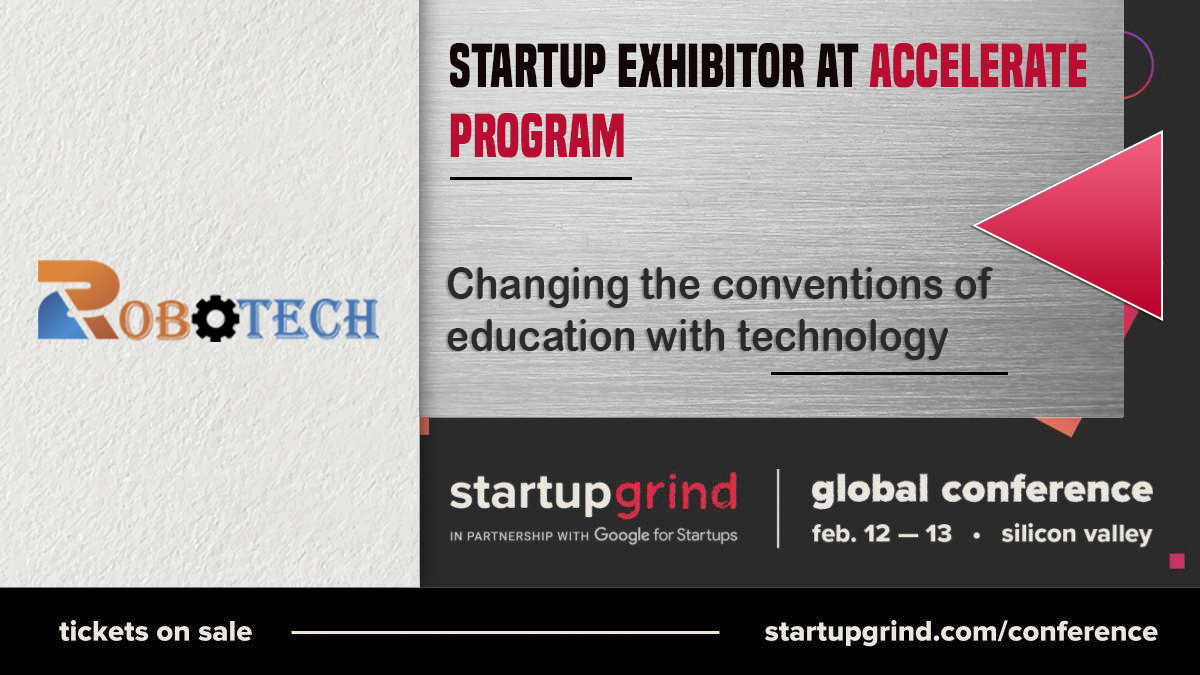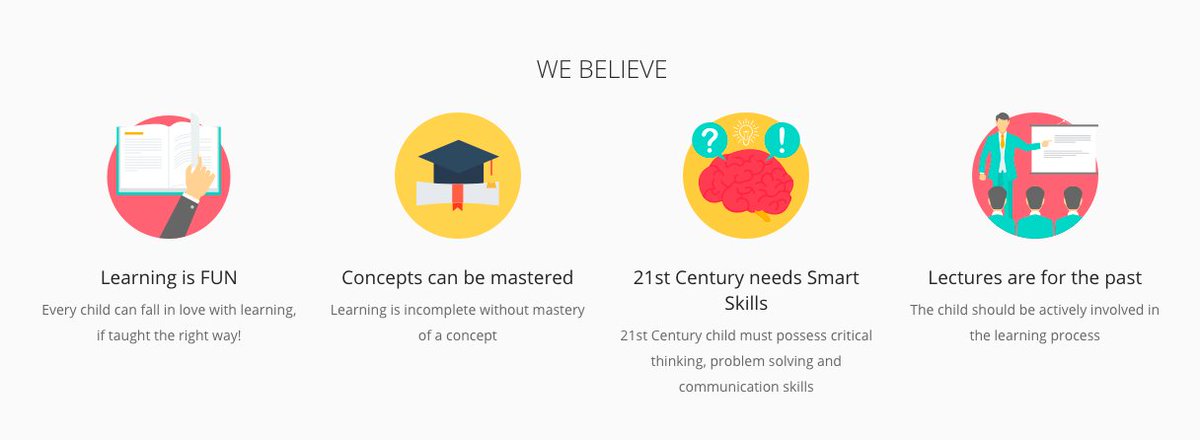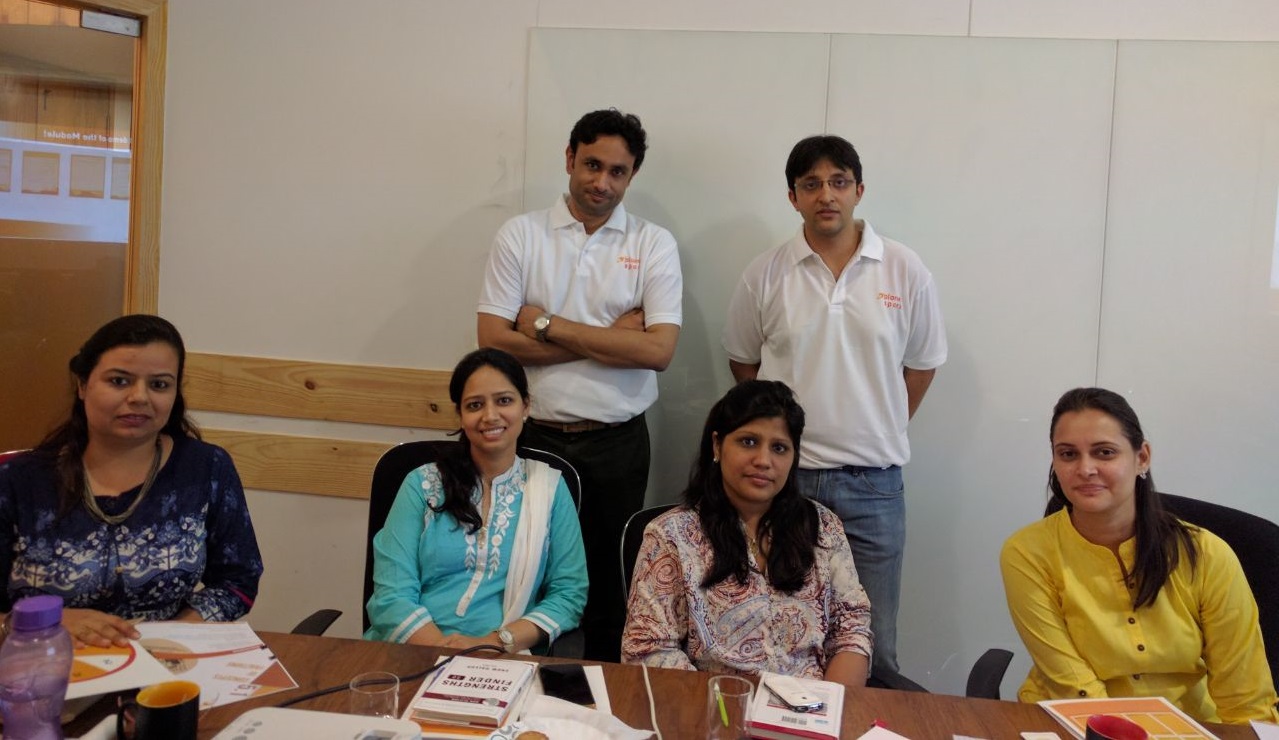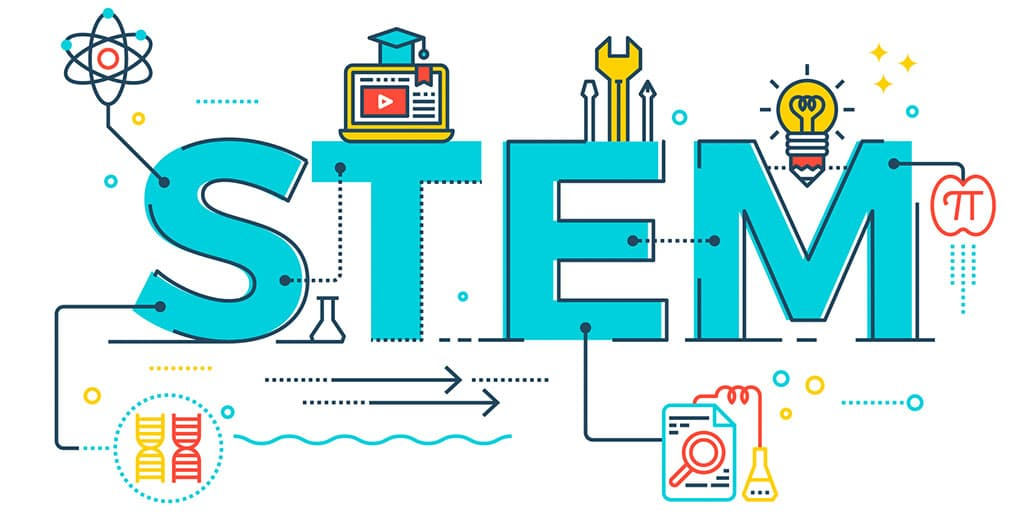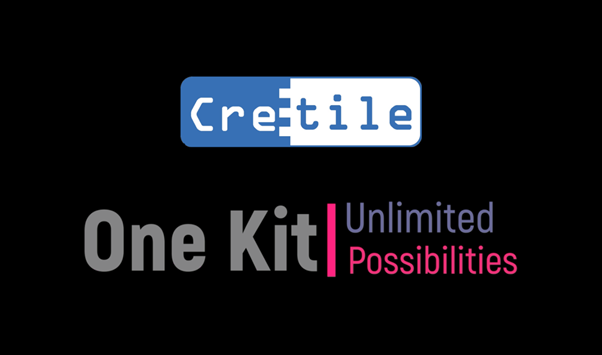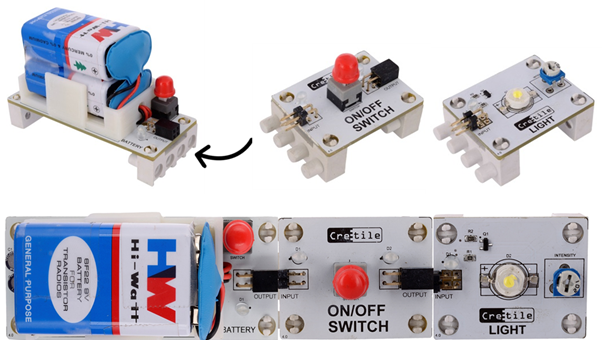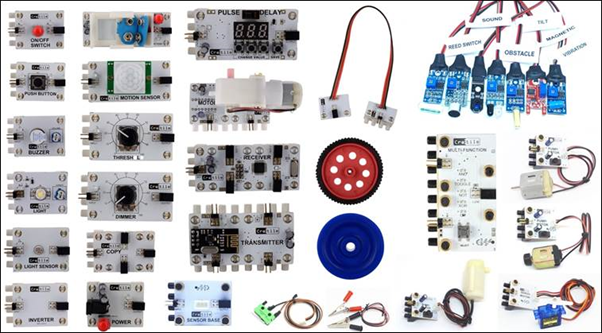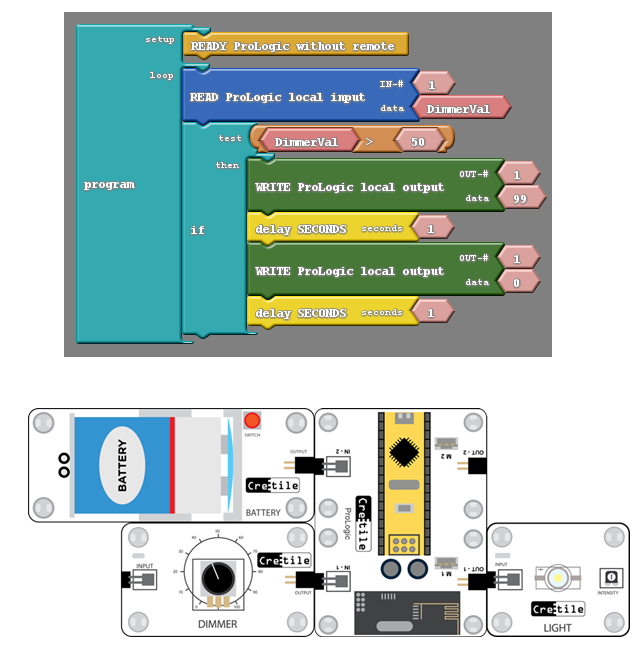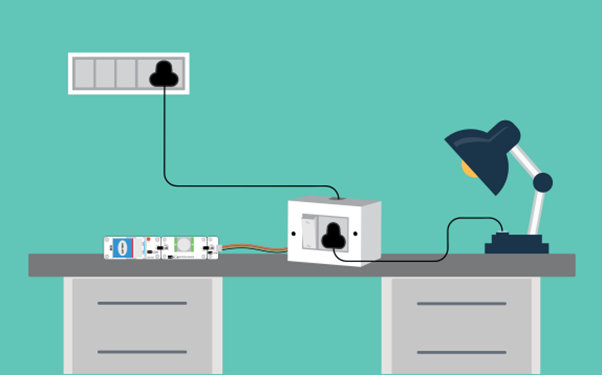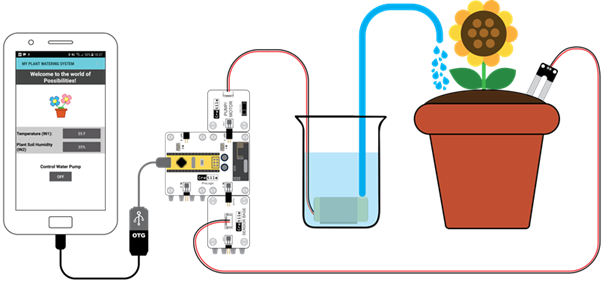Currently, majority of hiring managers rely on the traditional resume-based recruitment process. They believe that resumes are the most effective tool for making top-of-funnel decisions. Resumes are useful for highlighting past achievements and experience, but they are ineffective at identifying values and behaviour.
As a result, they not only prevent many talented individuals from being discovered, but they also jeopardise the employer’s ability to hire the best candidates. As a result, rather than relying solely on resumes, they have adopted data-driven approaches to talent acquisition, including talent assessment tools.

Using AI-powered talent assessment tools, organisations can gain valuable insights into candidates and gain a competitive advantage in hiring the right talent.
Since 2000, MeritTrac – India’s largest end-to-end testing and assessment provider in the private sector has been providing provide assessment and examination management services to corporate organisations, educational institutes, and government agencies. Few months back, MeritTrac Services announced the launch of TalentNext – a revolutionary next-gen assessment management system with content expertise across domains to help deliver secure and seamless assessments. This unified modular platform ensures centralized visibility for efficient data-driven hiring and recruitment decisions.
Today, we have a chat with Sujatha Kumaraswamy, CEO – MeritTrac regarding the offerings, EdTech, online employee assessments, and much more. Let’s get started with the Q&A….
What are the key trends driving the growth of AI in HR?
While 2021 was a year for reimagining HR, 2022 will be all about pushing boundaries of HR capabilities. The economic and organisational turmoil has been continual rather than intermittent. It started with a switch to a fully remote working environment and continued through lockdowns. In the current year, it’s critical to be aware of HR trends and understand how to use them to create change and add greater business value.
Businesses are increasingly counting on AI-enabled tools in their recruitment and hiring processes. While many people are interested in AI, an increasing number of business leaders are curious about how AI-powered capabilities might help them enhance the efficiency and outcomes of their hiring processes.
Here are a few emerging AI hiring trends to keep in mind as recruiters prepare for a candidate’s market in 2022:
- Artificial Intelligence-based hiring will break new records in objectively pre-screening candidates and shortlisting the best prospects for the job. HR experts can also proctor a candidate’s activity and assess competency and trust scores from afar. This will continue to be a developing field as systems get more complex.
- AI will also be used by businesses to reduce prejudice and boost diversity and inclusion. They will focus on building more ethical AI to boost candidate engagement and fully utilise the capabilities of AI. The requirement for various evaluations will be determined by HR departments. They will actively eliminate procedures and queries that are superfluous. More weight will be given to the questions that are the most relevant.
- By assessing people’s talents, weaknesses, and learning preferences, AI will also make assessment-based interventions easier. As a result, organisations will be able to better plan their hiring processes and fine-tune talent while reducing the influence of bias and human mistake.
- Using machine learning algorithms and insights to make decisions, AI-assisted recruiting will help to reduce biases, resulting in more objective and fair hiring processes. AI-assisted recruitment is progressing toward objective pre-screening of candidates that reduces confirmation bias. AI can also be used at various levels during interventions to establish the most effective learning medium for a person and to provide learning modules that ensure maximum retention.
- Data is generated by AI-powered technologies for both the recruitment process and internal HR operations. When it comes to recruitment decisions, objectivity goes a long way. Algorithm-based forecasts can now help businesses avoid bias and offer more reliable outcomes. Automation will aid organisations in identifying the best individuals and facilitating cross-functional movement on a holistic basis.
The industry is seeing a rising importance of business and technology enablers like virtualisation and AI. How do you see these emerging technologies impact EdTech?
The goal is to replicate the in-person hiring experience online while also improving tools and assessment processes to ensure that only the best candidates are hired. Due to the nature of the tools and platforms used, remote hiring has mandated the use of technology, which is one of the best ways to reduce hiring stereotypes.
We must track and analyse capabilities and candidate-to-role matches with maximum accuracy as HR services go online. This progress in assessment has been made possible by AI-enabled technology. On the assessment-backed learning front, it can identify a person’s most effective learning medium and guarantee that learning modules are changed in such a way that the student retains the most information.
How has the adoption of end-to-end assessment solutions in India evolved over the last few years?
The establishment of an end-to-end recruitment strategy was needed due to the increased demand for hiring operations as well as higher candidate expectations. To keep up with the changing business environment, the assessment sector anticipates an increased need for a smart end-to-end recruitment platform.
An end-to-end assessment solution caters to a multi-stage recruiting processes in which the best candidate is chosen based on their talents, qualities, and other essential features that are most suitable and compatible for the role. An end-to-end assessment consists of six stages:
- Preparing
- Sourcing
- Screening
- Selecting
- Hiring
- Onboarding
Though the concept of end-to-end assessment has been around for a while, its popularity has skyrocketed in the aftermath of the pandemic.
There is a lot of buzz about Metaverse in Education [or EdTech]. What are some of the ways in which you see EdTech being transformed by Metaverse?
During the pandemic, many people found it difficult to teach and learn due to restrictions and lockdowns. However, we now have the Metaverse to live, learn, study, and interact in a 3D simulated environment.
Artificial intelligence, virtual reality, augmented reality, and machine learning are interwoven into the metaverse. This makes it easier for students to ask inquiries and gather information at any time. It also comprehends queries and simultaneously responds to several questions.
Are resumes dead, even for highly experienced professionals? If yes, what is the way forward for the HR & recruitment industry?
According to professionals interviewed by HR Dive, recruiters still rely on resumes, even if they wish they didn’t.. Because applicant tracking systems still demand them in some form, and client companies still consider them the standard by which to evaluate and sort through applications, these pages remain a cornerstone of the process.
Recruiters and employers, on the other hand, are already looking beyond the CV. Recruiters can get a snapshot of a prospect just as readily as they can peruse a resume by looking at social media profiles, personal blogs, and online portfolios.
One of the big changes that 2020 ushered in for the entire industry was the shift to an online-based paradigm. Companies with a strong digital presence are more likely to attract top talents today, as more and more job seekers resort to the internet for job searches.
When working for a company with an internet presence, an HR professional might expect to identify and interview a larger pool of candidates. The recruiting process will become more straightforward and efficient as technology progresses.
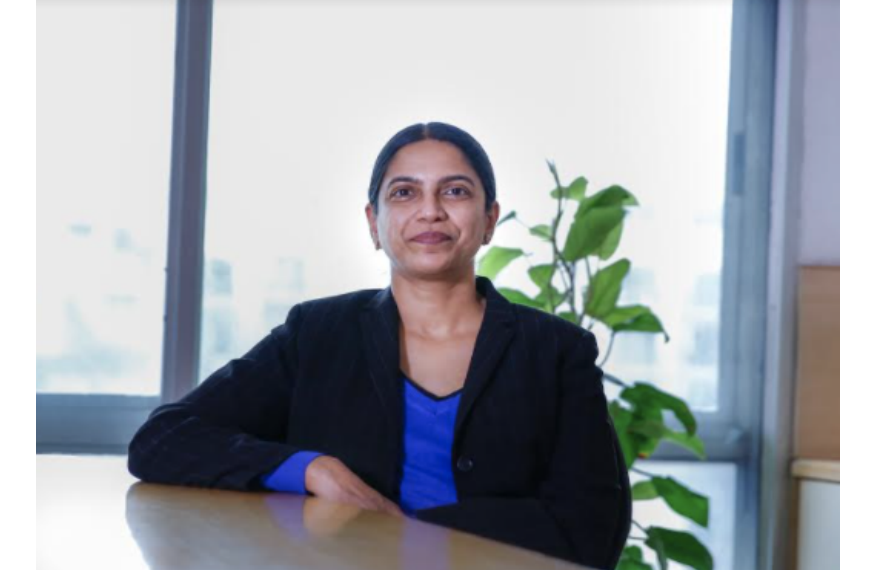
There are a lot of platforms targeting E2E assessment. What sets MeritTrac solution apart from other such solutions in the market?
MeritTrac has launched an all-in-one evaluation platform for the future generation. TalentNext is a modular assessment ecosystem that blends the power of enormous information with a cutting-edge platform to revolutionise end-to-end recruitment intelligence and college hiring. It was created specifically to bring the disparate parts of the employment ecosystem together.
It’s one-of-a-kind in that it unifies the disparate parts of the hiring ecosystem onto a single platform that offers end-to-end assessment solutions. There’s no need to be overly concerned about different hiring platform options. TalentNext serves as a one-stop-shop for all recruitment assessment needs. It offers consolidated visibility, time savings in the hiring procedure, process autonomy, and provides actionable insights, as well as round-the-clock specialised assistance.
Some of the key features of TalentNext are:
- Highly customizable – You can choose online, offline, or a mix of both assessments on the go
- Virtual Interviews – It is easy to schedule synchronous/asynchronous video interviews and discussions with next-generation tools
- Advanced Analytics – It has a detailed dashboard with reports delivering actionable insights. Proctored assessments and Plug & Play are some other features of TalentNext.
Can you please touch upon how AI, analytics, cloud, etc. will transform the interview and assessment industry?
As more employees work from home, it’s more critical than ever to track and analyse productivity and verify integrity with as much precision as possible. This has been made possible by AI-enabled advancements in evaluation technology.
AI/analytics-based recruitment is making progress in objectively pre-screening prospects and shortlisting the most meritocratic candidates for the final interview. It has enabled remote auto-proctoring tools that record every activity of the candidate and deliver an examination score as well as a trust score to the examiner or recruiter. This includes recognising typing patterns, detecting eye movement, recording ambient sound, and so on, and will continue to evolve as systems advance.
By detecting people’s strengths and limitations, learning preferences, and tailoring learning and assessment paths for them, AI will enable assessment-backed interventions. All of these help firms build talent in order to achieve the following long-term goals:
- To reduce the impact of prejudice and human error.
- To generate consistent outcomes that accurately forecast future behavior and performance.
- To evaluate each candidate equally and fairly
A variety of tools are now available to track and measure people’s progress and performance on a regular basis. These inputs should be used and incorporated into the organisation’s overall evaluation framework in order to create a comprehensive personnel profile and report. This may have unintended consequences in terms of career advancement, cross-functional migrations, and so on.
There are still many organisations (large-scale) that prefer F2F assessments. What can be done to bring that paradigm shift in their thought process as far as recruitment & assessment is concerned
The world is progressing fast thanks to digital transformation. We need to change all the traditional methods to streamline our daily operations and functions. This process has already started in almost all fields.
It also impacts the behaviour of individuals. The first step towards increasing efficiency of organisational processes is from hiring and onboarding. More and more organisations are understanding this and adopting technology in their HR function.
As per your experience, what has been the most pivotal point that changed the field of Education? Also, where do you foresee the future to be?
In the previous decade, India’s educational system has seen significant modifications. Online classrooms and experiential learning have revolutionised the way students interact with educational material. The educational landscape as a whole has shifted considerably, with online learning and hybrid classrooms becoming the norm at all levels of schooling.
According to IBEF, the Indian education sector was worth US$ 91.7 billion in FY18, and higher education is expected to be worth US$ 35.03 billion by 2025. In addition, India has more school-aged children than any other country in the planet, with almost 250 million! After the United States, India is the second-largest e-learning market.
Despite the fact that the education industry remains unclear, significant steps are being taken to streamline the process and make education accessible to students from all cultural and social groups. There has also been a favourable shift toward equality and diversity. Things are only going to get better from here, with technology providing solutions at a breakneck pace.
Content is the new king! As per your experience, how will content [text, audio, and video] shape the future of online assessment [and/or EdTech]?
Interactivity is key in any mode of learning. It is applicable for assessment too. It is the duty of an educator to stimulate each sense of a student in order to help him/her acquire knowledge and skills.
Online assessment systems are able to adopt all the forms of content to test the capabilities of candidates.
Lastly, many EdTech platforms are witnessing a significant dip in the demand for online education. Can you please share some tips for EdTech entrepreneurs and how they can still stay relevant by adopting the Hybrid Education model?
With decreasing valuations, stalled fundraising rounds, and uncertain investor confidence, the reopening of schools and colleges has sparked a crisis in the EdTech sector. In a radically changed post-pandemic scenario where students are returning to school and colleges, companies are trying to resort to brick-and-mortar tuition centers and adopting a hybrid offline and online education model. In both business and school, hybrid is the new normal.
Learning will be taught from everywhere in the future, rather than from just schools. Schools are focusing on deploying the optimal combination of digitally connected educational solutions, which EdTech companies may help them with. This will improve the quality of education while also expanding access to it.
In accordance with worldwide trends, the National Education Policy (NEP) 2020 emphasises the importance of EdTech interventions in the digitisation of schools and instructors.
As a result, EdTech firms may lead the sector by working with schools to ensure educational continuity and streamline digital learning. A hybrid approach is the next natural step of the education ecosystem, given the repeated nature of pandemic waves and India’s ever-increasing acceptance of new technology.
The EdTech ecosystem can provide good education for everybody through the continuous, future-fit evolution of its varied tools and services.
We thank Sujatha for her time and sharing insights about assessments, AI, ML, and more. If you have any questions for Sujatha or the MeritTrac team, do leave them in the comments section…



